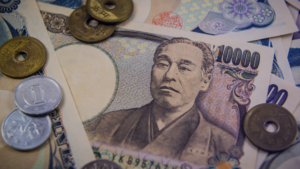Both the economic unpredictability in China and the conservative production attitude taken by OPEC have dampened market optimism for a quick recovery in demand, resulting in a decline in the price of crude oil. As China, the world’s second-largest economy, struggles to regain momentum and OPEC maintains its measured output levels, the global energy market faces reduced demand expectations.
China’s economic downturn has been a significant factor in halting the recovery of the oil market. Demand for oil has remained under pressure as the country’s manufacturing and industrial activities continue to slow. Analysts fear this slowdown could have a greater impact on global energy consumption than previously anticipated, given China’s role as a major importer.
In addition, OPEC and its allies (OPEC+) have kept output cuts in place to maintain price stability. While these cuts have averted a sharp collapse in oil prices, they have also left supply limits, reducing the market’s ability to respond to potential demand increases.
With geopolitical factors and sluggish demand clouding the outlook, market participants are lowering their hopes for a near-term rebound. The combination of China’s economic challenges and OPEC’s output restraint suggests a slower and more volatile recovery in crude oil prices than previously expected.
Looking ahead, much of the oil market’s future will depend on whether China can restore its economic footing and whether OPEC+ modifies its policy. Until then, crude oil prices are likely to remain under pressure, with volatility expected due to uncertainty surrounding both demand and supply.













